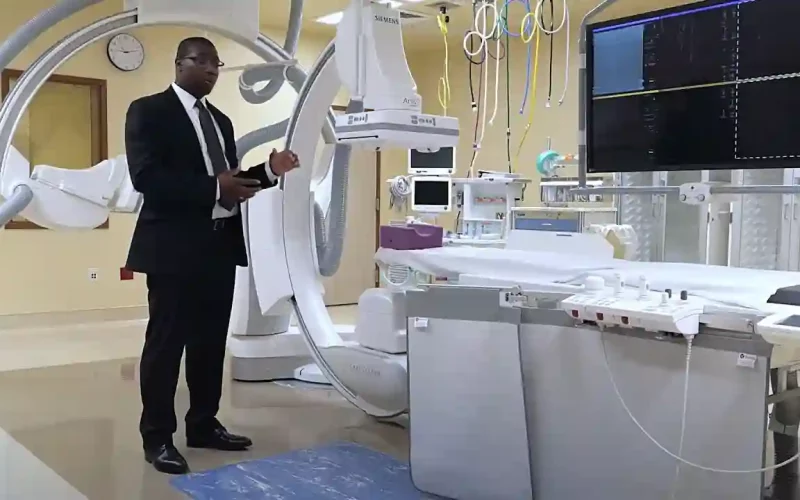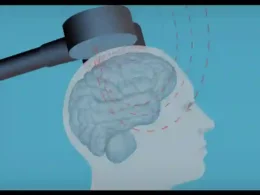General neurology is a medical specialty that focuses on diagnosing and treating conditions that affect your central and peripheral nervous systems. The central nervous system consists of your brain and spinal cord, while the peripheral system includes all the other nerves. There are over six hundred neurological disorders. Different factors, including trauma, infections, genetic disorders, and autoimmune issues, cause the conditions. Neurological conditions are either temporary or permanent. General neurology Oxnard can help you manage your neurological condition, improving your quality of life. Below are common conditions treated in general neurology.
Stroke
A stroke happens when a part of your brain does not get sufficient blood flow. Insufficient blood flow can be caused by an artery blockage or bleeding in your brain. When your brain lacks a steady supply of blood, the brain cells start to die due to a lack of oxygen. Common stroke symptoms include weakness or paralysis in one side of your body, slurred speech, blurred vision, seizures, and headaches. You may lose muscle control on one side of your face and experience neck stiffness. Stroke is a life-threatening condition, so it requires immediate medical care.
Seizures
Seizures happen when a sudden surge in your brain’s electrical activity occurs. Normally, your brain sends out electrical impulses in a regular manner. When you have seizures, the affected brain cells uncontrollably fire signals to others around them, overloading your brain. Common seizure symptoms include abnormal sensations, uncontrollable muscle movements, and passing out. Seizure treatments include medications, diet changes, surgery, brain stimulation, and vagus nerve stimulation.
Dementia
Dementia is a group of diseases that decline your mental function and interfere with your daily life. It mostly affects older adults. Dementia can affect memory, reasoning, language, coordination, mood, and behavior. Alzheimer’s disease is a major cause of dementia. Other causes include thyroid problems, Parkinson’s disease, and medication effects. Dementia resulting from depression, medication effects, or metabolic disorders can be reversed. Your doctor can recommend medications to manage dementia resulting from Alzheimer’s or Parkinson’s disease.
Headaches
There are different types of headaches based on severity, location, and frequency. Headaches are the most common form of pain and a major reason people miss work or school. They can indicate an underlying health problem like high blood pressure, infections, tumors, or inflammation of blood vessels around your scalp. Your specialist treats your headache based on its cause.
Peripheral neuropathy
Peripheral neuropathy is any condition that affects the nerves outside your brain or spinal cord. It can result from trauma, type 2 diabetes, alcohol use, disorder, vascular disorders, infections, or inherited conditions. Symptoms of peripheral neuropathy depend on the type of nerve signals affected. Common symptoms include muscle weakness, uncontrolled muscle movements, pain, tingling, numbness, bowel and bladder issues, and blood pressure changes. Treatment for peripheral neuropathy depends on the cause and your symptoms.
General neurology attends to diseases that affect your nervous system. Common conditions treated in general neurology include stroke, seizures, headaches, dementia, and peripheral neuropathy. Schedule an appointment at Link Neuroscience Institute for general neurology services to manage your chronic neurological condition.











